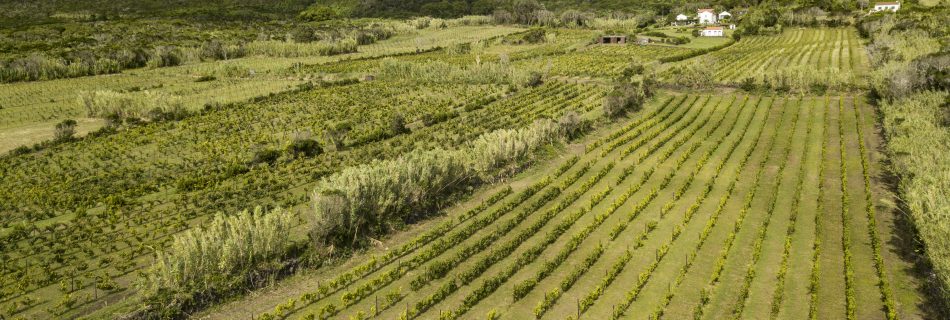Berta Cabral defende que Carta de Sustentabilidade simboliza compromisso estratégico com a modernização e desenvolvimento dos Açores
The Regional Secretary for Tourism, Mobility and Infrastructures, Berta Cabral, stated that the Azores Sustainability Charter reiterates the Azorean Government’s firm commitment “to promoting and enhancing sustainability in the Region.” Berta Cabral spoke Friday at the opening of the Forum “Progress of the Azores Sustainability Charter” at Nonagon – São Miguel Science and Technology Park in Lagoa, São Miguel Island. According to her, the Charter was conceived with a pioneering vision, aimed at transforming challenges into specific opportunities. “Since its launch, the pillars of cooperation, transparency, leadership and governance have guided the signatory organisations. This project, strongly backed by government investment, symbolises a strategic commitment to modernisation and sustainable economic development, which combines competitiveness with the preservation of our precious natural resources,” she said. The Regional Secretary recalled that this strategic commitment is also acknowledged internationally, with the Gold Certification of the Azores as a sustainable destination by EarthCheck, a milestone that positions the Region as a global benchmark in reconciling economic development and environmental preservation. According to Berta Cabral, the Azores have grown in a sustained and sustainable manner when it comes to tourism, with an increase in revenue much higher than the growth in overnight stays and guests, representing more quality than quantity. As for the Azores Sustainability Charter, she noted that this “has also been consolidated year on year, and already includes 295 entities, including signatories and declarations of interest, with 14 of these being municipalities.” The Regional Secretary highlighted all the work carried out, such as the promotion of 59 events and the training of more than 1,100 people, emphasising that these figures evidence “a collective commitment that grows and strengthens, demonstrating the transformative power of cooperation.” She also emphasised the launch of the Regional Sustainability Award in November 2024, which consolidates the Regional Government’s commitment to promoting corporate responsibility and innovation practices. “The 12 applications received and carefully assessed prove the positive impact of this initiative.” The Azorean Government “is fully committed to encouraging and recognising the best examples of sustainable management, demonstrating that everyone’s participation is essential for the transformation and modernisation of the regional economy.” As she stated, the Regional Sustainability Award reflects this goal and the foundations of the Charter (Leadership, Governance, Collaboration and Transparency) “reflect a strong commitment to sustainable practices.” Berta Cabral thanked the Jury (João Ferrão, Teresa Tiago and Laetitia Arrighi) for their collaboration in selecting and analysing the applications. The selection was based on a “careful analysis using strict criteria regarding the technical quality, impact on the 2030 Agenda, integration into the Charter, innovation in processes and business models, and the establishment of partnerships.” This ensured that the award winners stand out in the various dimensions of sustainability, and are a clear reflection of the collective effort and best practices they are promoting. She also thanked the signatories for their active and committed participation, which is fundamental to the success of this project. “The ongoing dialogue and close collaboration between the Government, through the Destination Sustainability Management Structure – DMO, and these entities reflects a shared commitment to sustainability and excellence in management,” she said. The government official also emphasised the DMO’s initiative and action and the Regional Directorate for Tourism in designing and conducting the entire process, which resulted in the Gold Certification of Destination Azores and the Regional Sustainability Award. It was a collective endeavour and a partnership between the Government and the private sector that evidences the individual effort and the joint efforts that “have the power to build a more resilient, innovative and sustainable future,” stressed Berta Cabral. She concluded: “Our outlook for the future is marked by optimism and the determination to continue investing in sustainability. This event is another privileged space for sharing experiences and constructive debate. It symbolises the continuity of our political commitment to transforming current challenges into opportunities for growth and improvement for all citizens.” Source: Governo Regional dos Açores (aqui)










